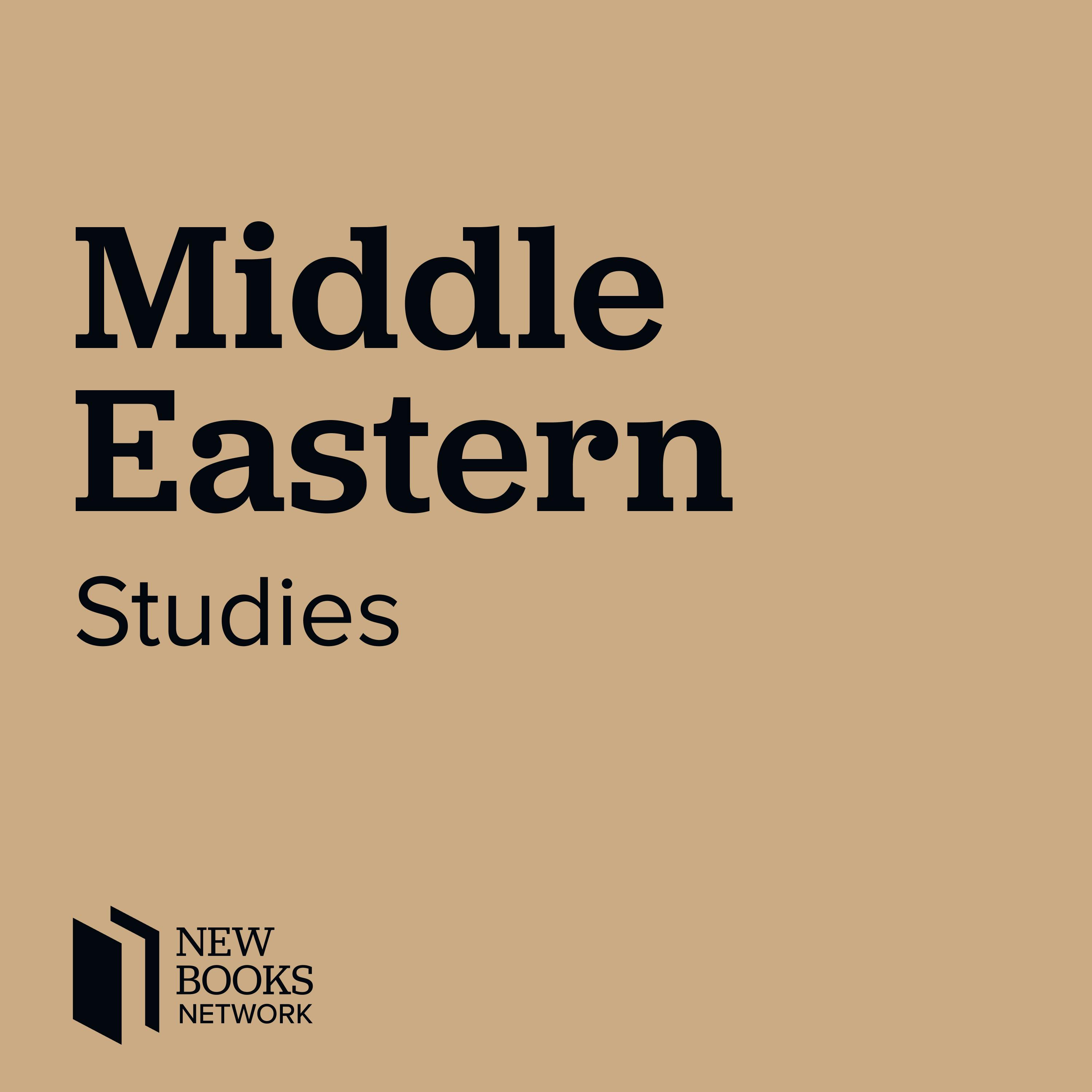Abū Ḥayyān al-Tawḥīdī and Abū ʿAlī Miskawayh, "The Philosopher Responds: An Intellectual Correspondence from the Tenth Century" (NYU Press, 2019/22)
Description
Today I talked to James Montgomery, one of the translators of The Philosopher Responds: An Intellectual Correspondence from the Tenth Century, two volumes (NYU Press, 2019 and 2022). About the book:
Why is laughter contagious? Why do mountains exist? Why do we long for the past, even if it is scarred by suffering? Spanning a vast array of subjects that range from the philosophical to the theological, from the philological to the scientific, The Philosopher Responds is the record of a set of questions put by the litterateur Abū Ḥayyān al-Tawḥīdī to the philosopher and historian Abū ʿAlī Miskawayh. Both figures were foremost contributors to the remarkable flowering of cultural and intellectual life that took place in the Islamic world during the reign of the Buyid dynasty in the fourth/tenth century.
The correspondence between al-Tawḥīdī and Miskawayh holds a mirror to many of the debates of the time and reflects the spirit of rationalistic inquiry that animated their era. It also provides insight into the intellectual outlooks of two thinkers who were divided as much by their distinctive temperaments as by the very different trajectories of their professional careers. Alternately whimsical and tragic, trivial and profound, al-Tawḥīdī's questions provoke an interaction as interesting in its spiritedness as in its content.
Learn more about your ad choices. Visit megaphone.fm/adchoices
Support our show by becoming a premium member! https://newbooksnetwork.supportingcast.fm/middle-eastern-studies
More Episodes
Today I talked to Peter Hill about his new book Prophet of Reason: Science, Religion and the Origins of the Modern Middle East (Oneworld Academic, 2024).
In 1813, high in the Lebanese mountains, a thirteen-year-old boy watches a solar eclipse. Will it foretell a war, a plague, the death of a...
Published 06/26/24
A Primer for Teaching Indian Ocean World History: Ten Design Principles (Duke UP, 2024) is a guide for college and high school educators who are teaching Indian Ocean histories for the first time or who want to reinvigorate their courses. It can also serve those who are training future teachers...
Published 06/25/24
For a brief moment in the history of Acre, there was a Hebrew community that linked old and new settlements. It had a national-Zionist orientation and consisted of Jews of local and Mizrachic origin. This community is no longer visible in the cityscape, and its history has disappeared from the...
Published 06/18/24


